Overview
Benefits

Patient
Roadmap
Strategies for evaluating and correcting movement from the initial assessment to discharge/return to activity.

Maximize
Time
Simple, efficient, and economical way for a very comprehensive assessment.

No
Guessing
Using a regional interdependence approach to know exactly what to treat.



COURSES

HOURS*

CERTIFICATIONS
*CEU credits available for most courses.

FMS Exercise
Library
Access to the full FMS exercise library

FMS Pro
Web-Based App
Access to the FMS Pro web-based app *

Certified Member
Map Listing
A listing on the certified member map *

Course Attendance
Access
Attendance at in-person and virtual courses for a seat fee

Members-Only
Content
Members-only discussion groups and articles

Exclusive
Discounts
Exclusive partner discounts totaling over $1,500

It provides me with a better way to get an even more robust comprehensive history and contextualize their reason for coming.
Jimmy Yuan
Chiropractor
Recommended
Curriculum
Below you'll find a recommended selection of course that can benefit you as a Chiropractor. Aside from these recommendations you'll have full access to the over 35 courses we offer online.
Recommended Courses
 7
hour(s)
7
hour(s)


The SFMA Level 1 course trains rehabilitation professionals in a systematic, movement-based assessment approach for individuals experiencing pain, enabling them to achieve a thorough and accurate movement diagnosis.
 9
hour(s)
9
hour(s)

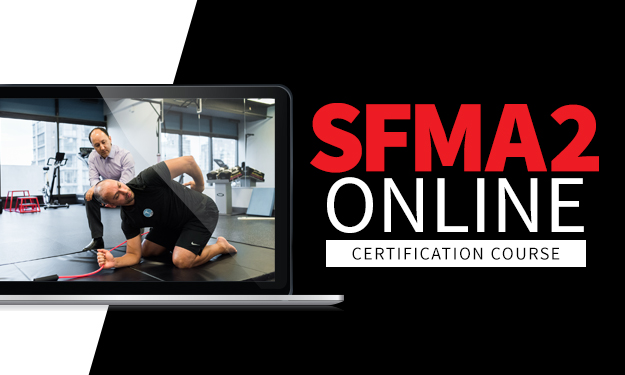
The SFMA Level 2 provides a systematic approach to efficiently use your SFMA findings to guide interventions, addressing mobility and stability/motor control dysfunctions, using the 3 R's approach - Reset, Reinforce, and Retrain.
 5
hour(s)
5
hour(s)

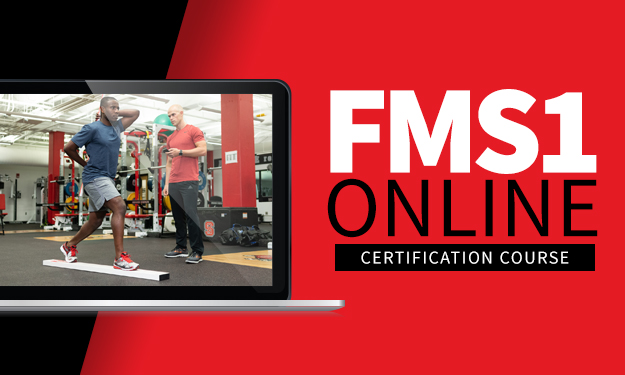
The FMS Level 1 course highlights the essential role of movement screening in understanding how movement patterns influence our health and fitness, in everyday life and workouts.
 2
hour(s)
2
hour(s)
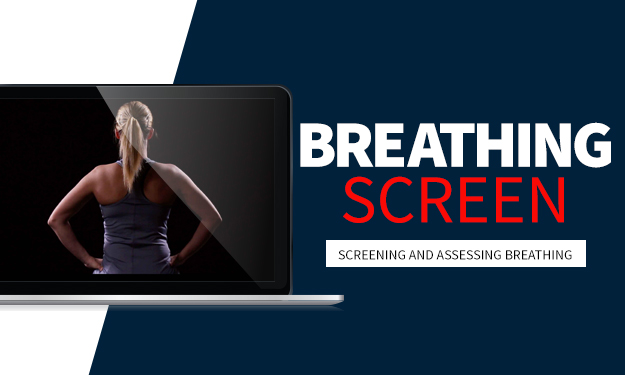
This course equips fitness and rehabilitation providers with foundational knowledge on functional and dysfunctional breathing, assessment tools, and exercise strategies to enhance breathing patterns effectively.
Supplemental Courses
 3
hour(s)
3
hour(s)

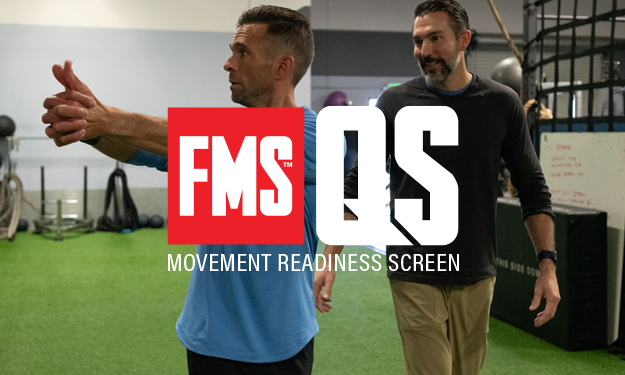
This course provides a simple, systematic approach to screening fundamental movement patterns for readiness, guiding safe, informed decision-making across fitness, performance, and clinical settings.
 4
hour(s)
4
hour(s)

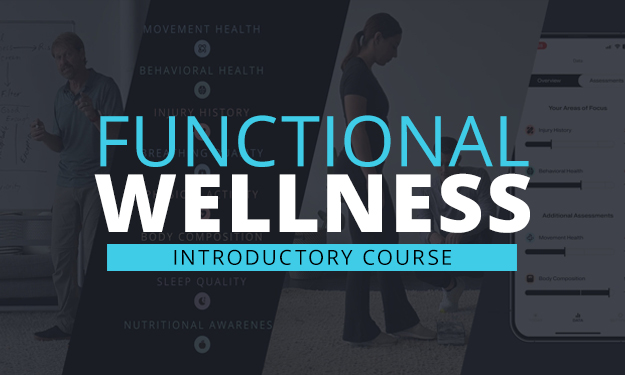
Functional Wellness is a comprehensive course that teaches movement professionals, clinicians, coaches, and trainers how to systematically screen an individual’s holistic well-being, enabling them to reduce risks, address dysfunctions, and enhance readiness for mental and physical growth.
 7
hour(s)
7
hour(s)

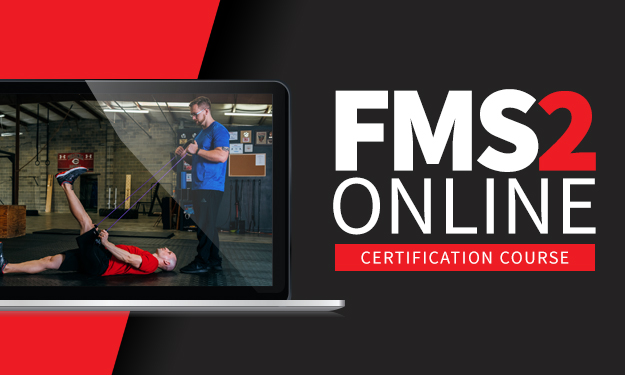
FMS Level 2 offers a strategic framework for achieving progressive movement outcomes tailored to each client’s needs, enabling customized exercise selection while effectively addressing obstacles that may impede their progress.
 1
hour(s)
1
hour(s)
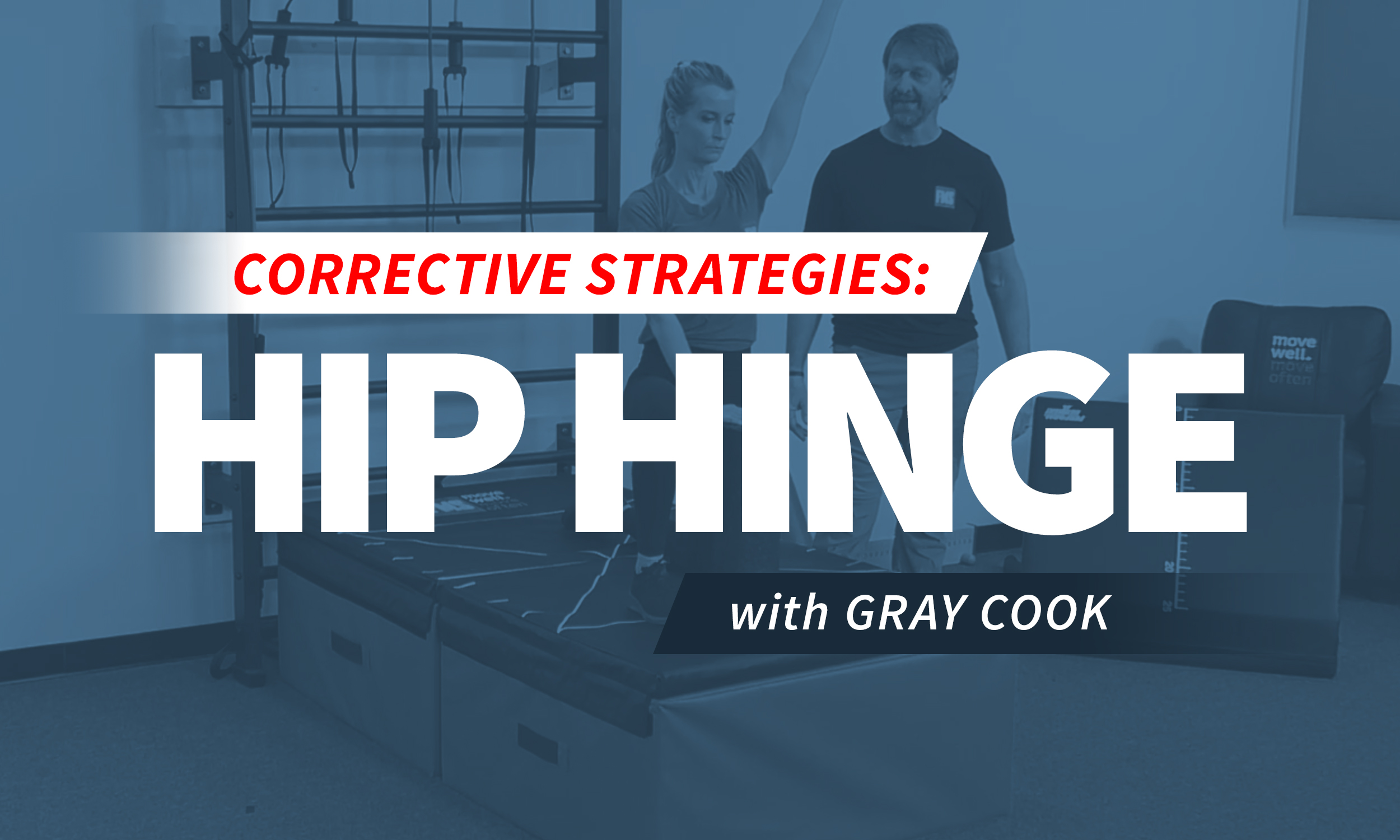
This course offers a practical overview of the hip hinge pattern, addressing assessment and screening for pain and dysfunctions while clarifying misconceptions that can influence corrective exercise choices.
 1
hour(s)
1
hour(s)
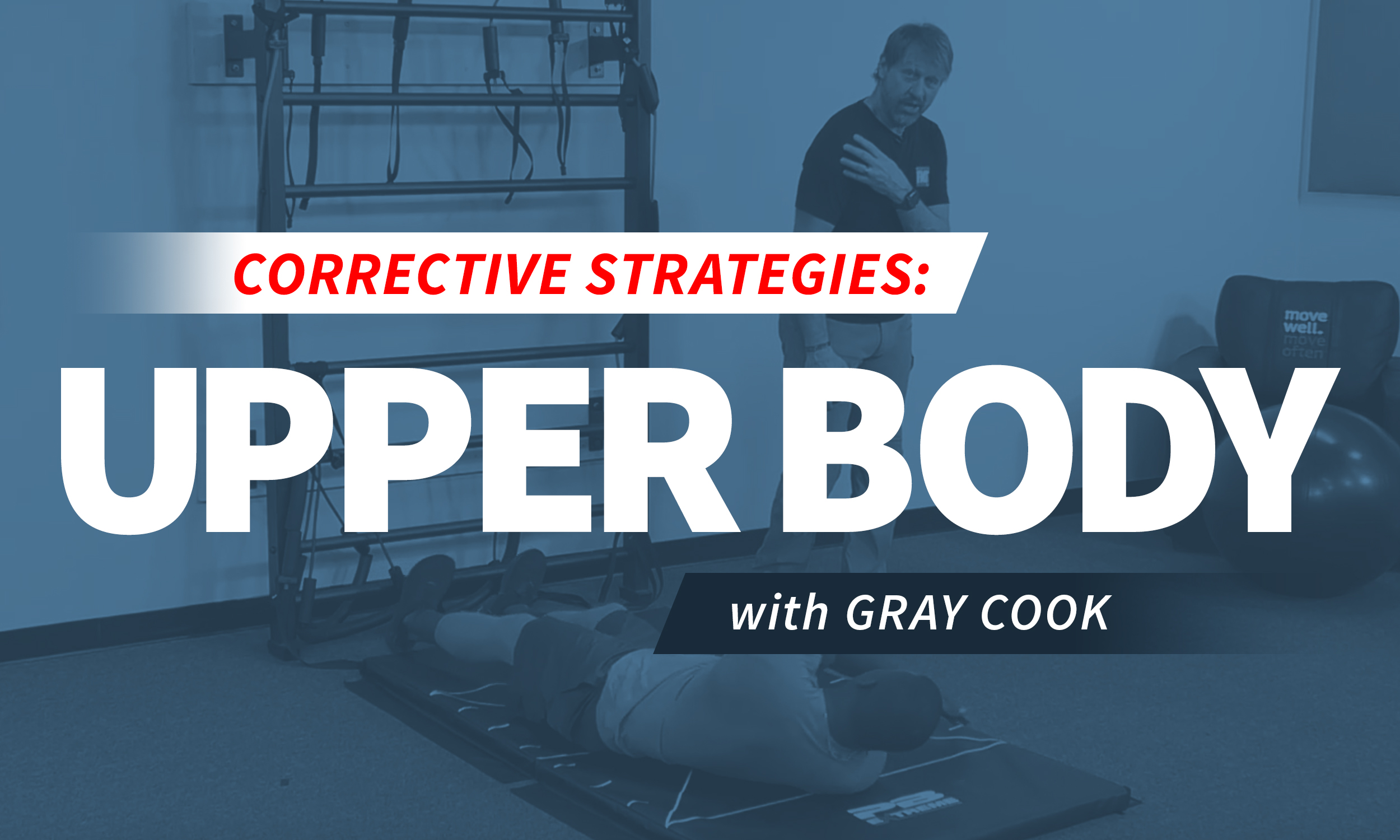
This course offers a practical overview of upper body patterns, emphasizing asymmetries in mobility and stability, and highlighting the significance of shoulder girdle stability, tissue mobility, and breath sequence in facilitating functional shoulder movement through various spine postures.
 1
hour(s)
1
hour(s)
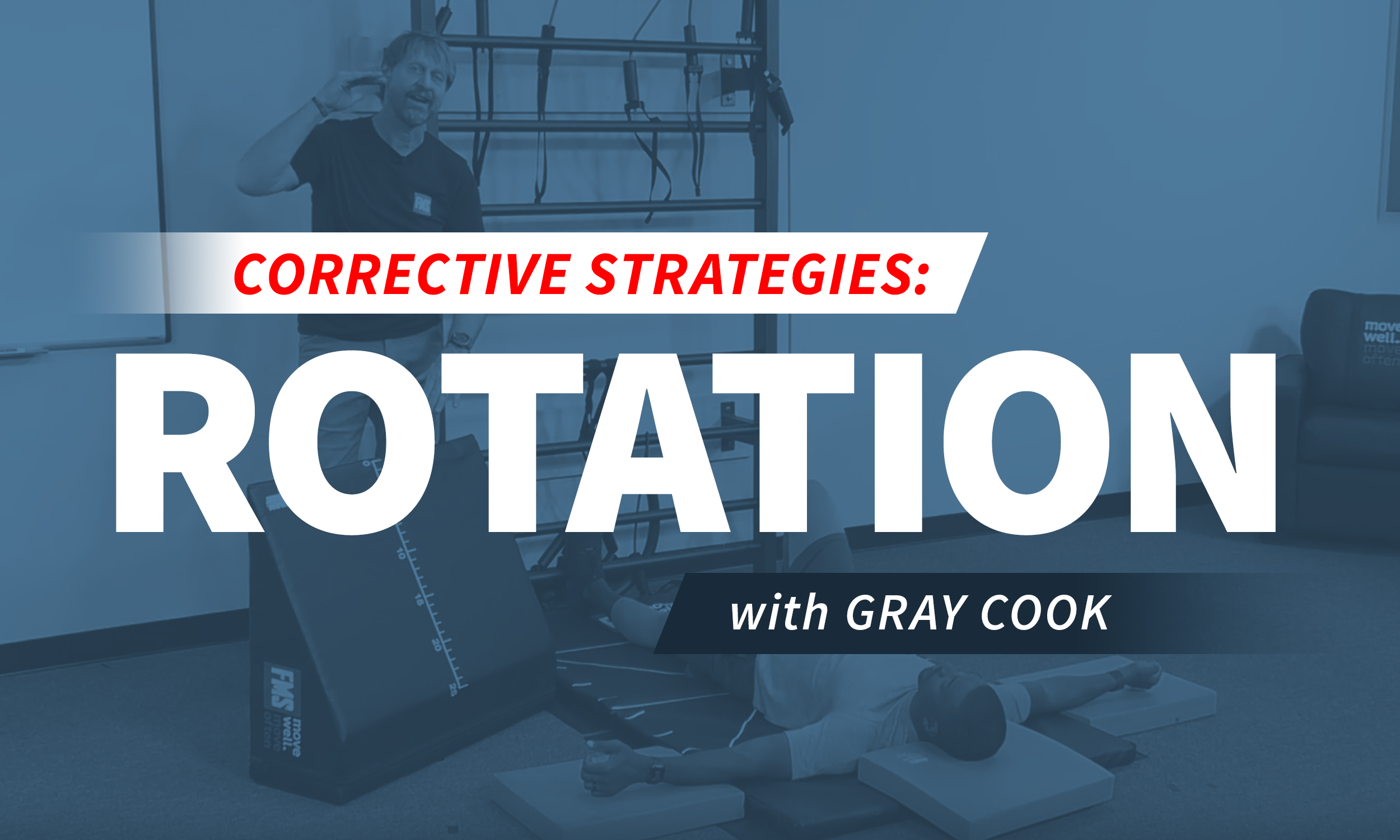
This course provides a practical overview of rotation patterns, focusing on asymmetries in mobility and stability, and offering the functional exercise background necessary to raise awareness of and correct these dysfunctions at the appropriate postural level.
 1
hour(s)
1
hour(s)
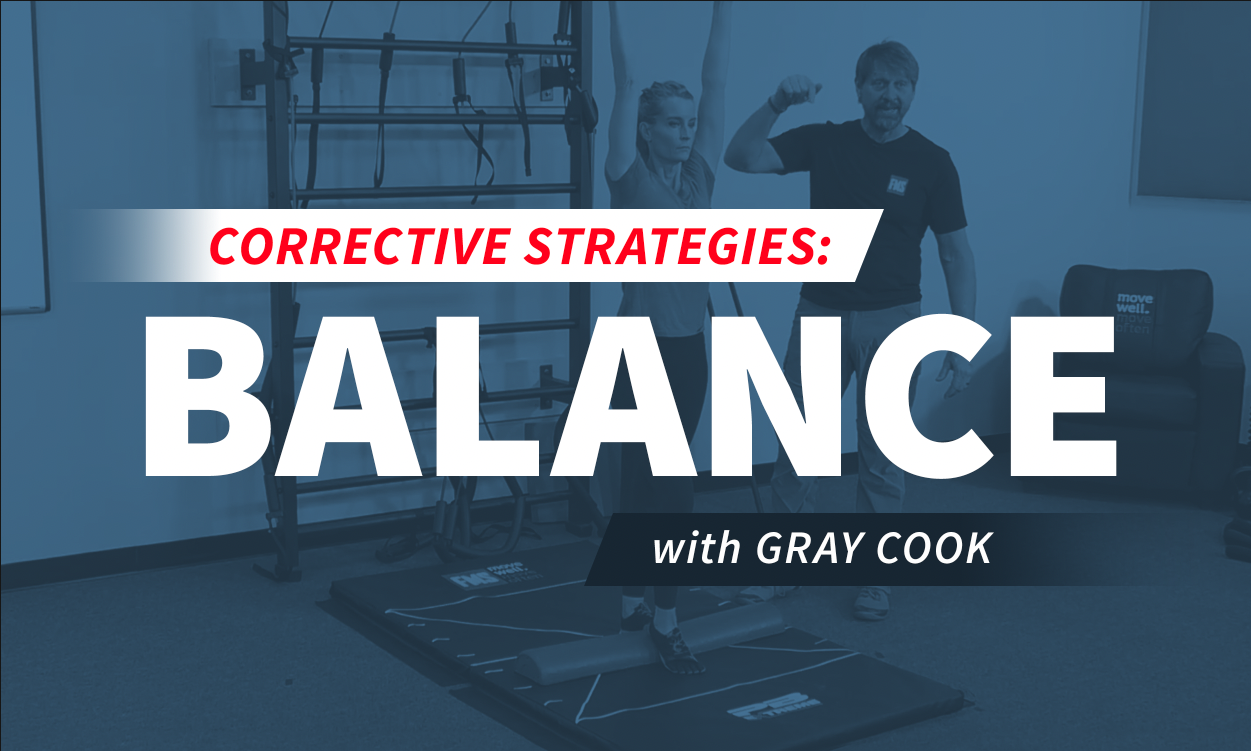
This course provides an overview of single-leg patterns, focusing on FMS assessments and screens to identify pain, movement dysfunctions, and asymmetries, while also discussing how to differentiate between mobility and stability issues.
 1
hour(s)
1
hour(s)
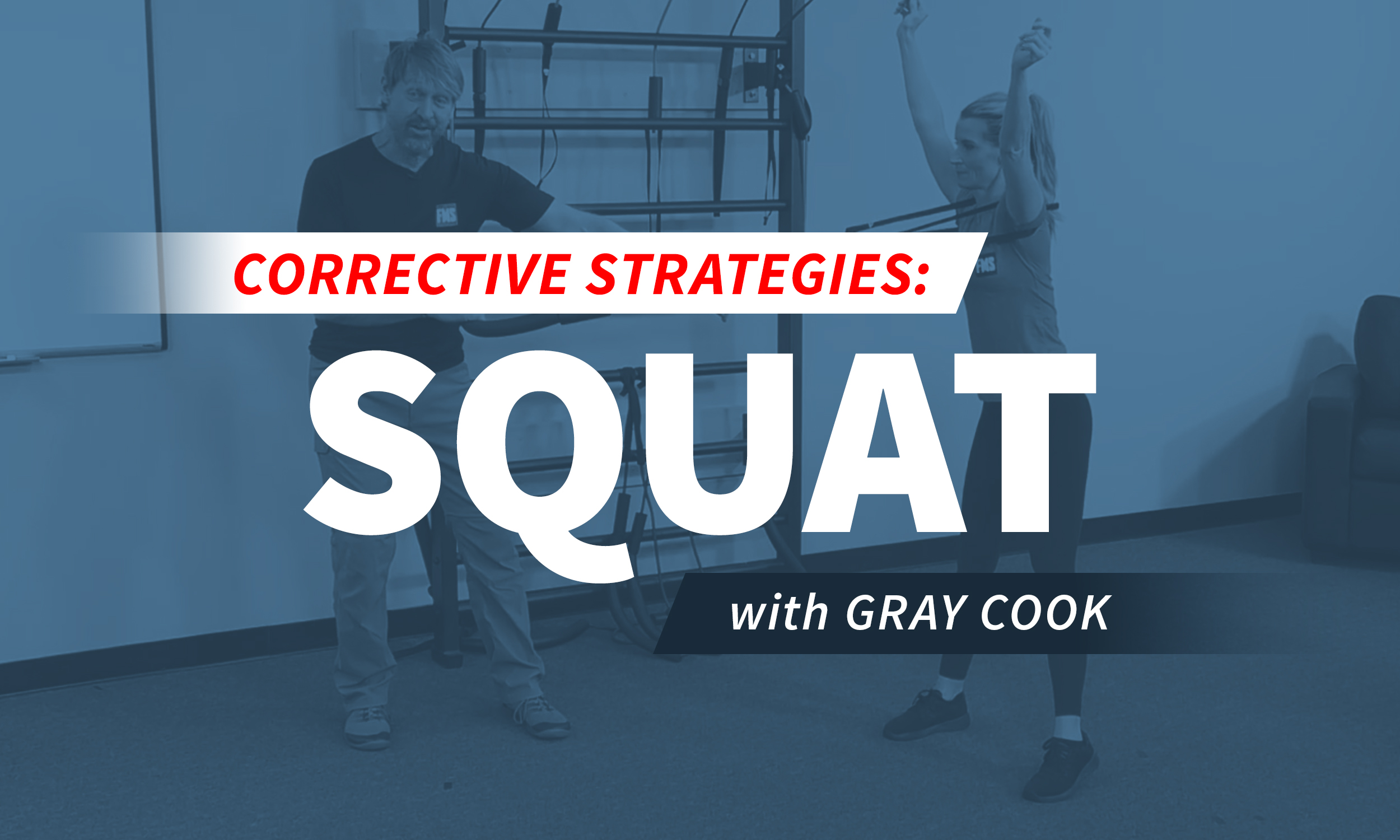
This course offers a practical overview of the squat pattern, unpacking the movement from the ground up - fundamental before functional - and looking for common tone and tissue concerns, especially in regard to posterior chain. tightness and asymmetrical weight bearing
 1
hour(s)
1
hour(s)

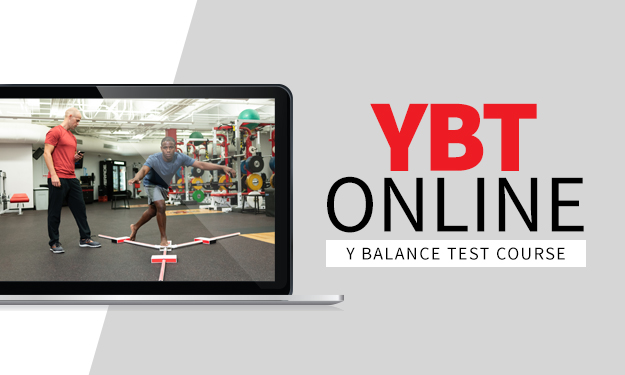
The Y Balance Test introduces a well-researched tool for measuring and quantifying motor control and functional symmetry, enhancing decision-making in both rehabilitation and fitness environments.
 2
hour(s)
2
hour(s)

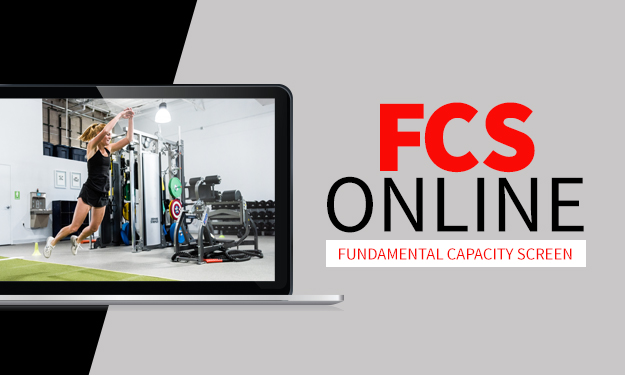
The FCS is an innovative approach to fitness testing designed to guide your clients and athletes toward the most efficient pathway to optimal performance.
 5
hour(s)
5
hour(s)
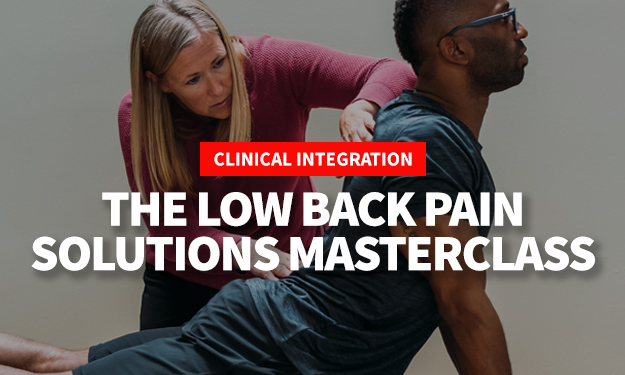
This course is tailored for rehabilitation providers treating patients with low back pain, focusing on the integration of the latest evidence with the regional interdependence model through the SFMA framework.
 5
hour(s)
5
hour(s)

This course is tailored for rehabilitation providers treating patients with shoulder pain, focusing on the integration of the latest evidence with the regional interdependence model through the SFMA framework.
 1
hour(s)
1
hour(s)
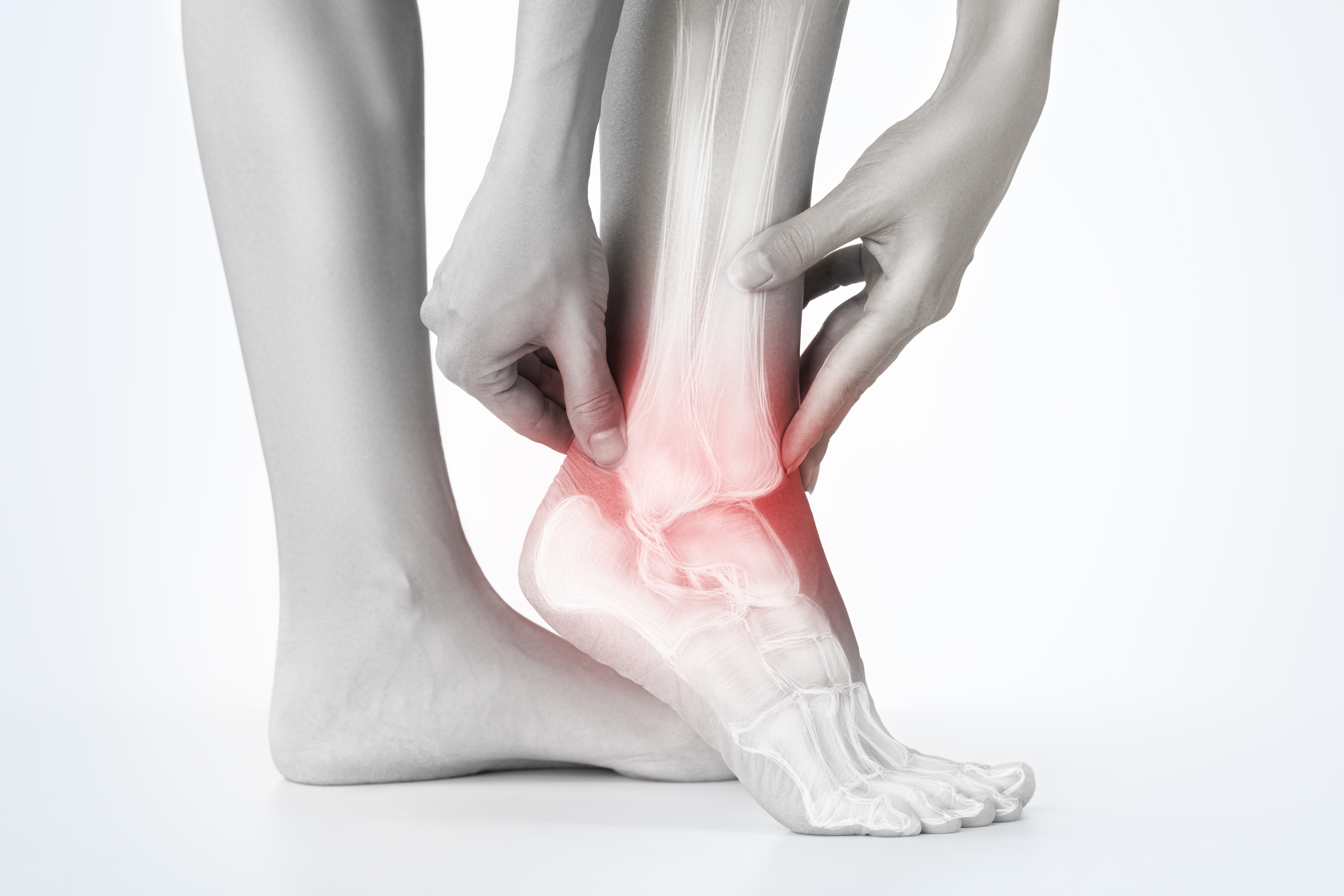
This course is tailored for rehabilitation providers treating patients with with lower extremity pain, focusing on the integration of the latest evidence with the regional interdependence model through the SFMA framework.
 1
hour(s)
1
hour(s)
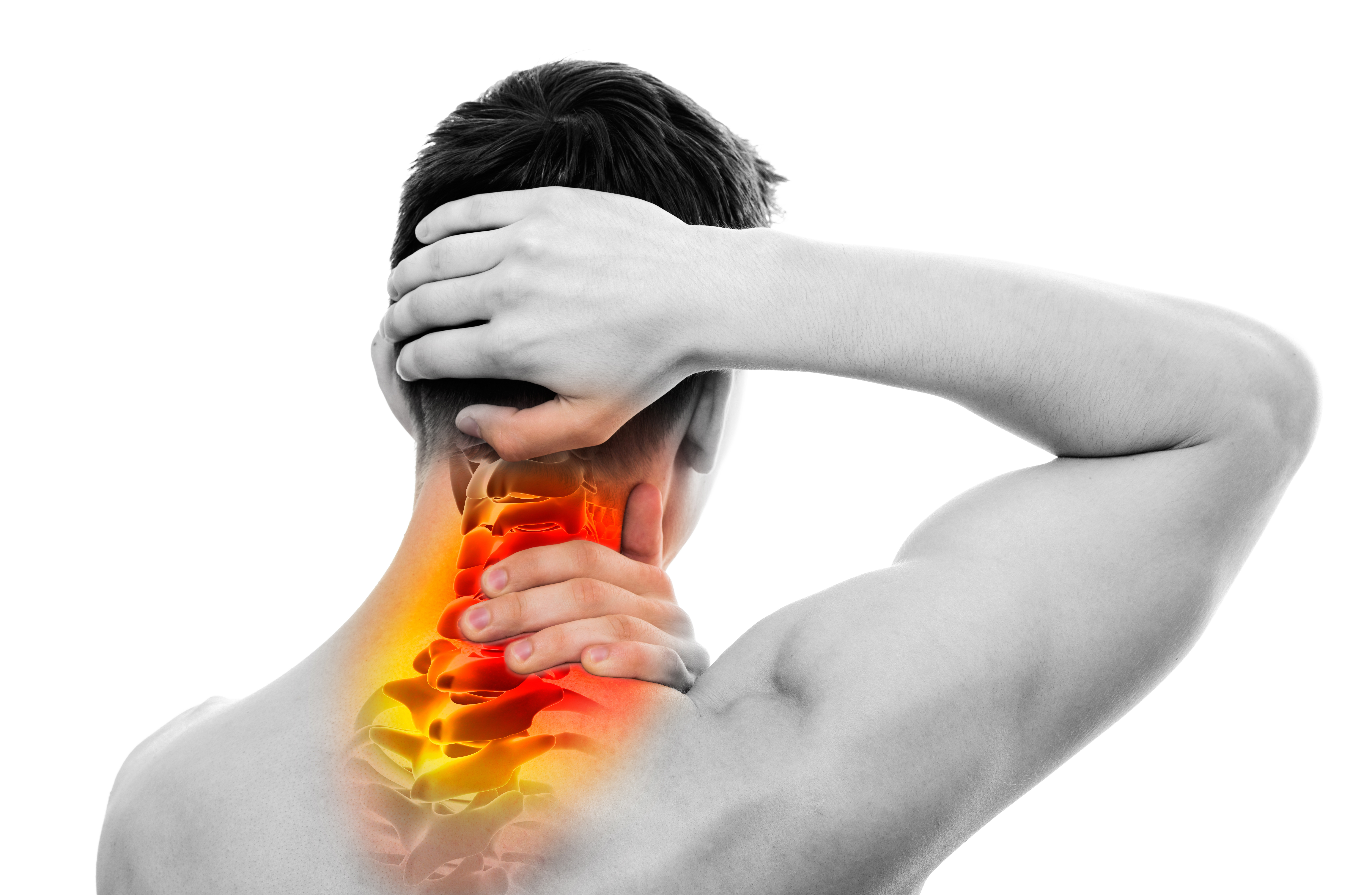
This course is tailored for rehabilitation providers treating patients with cervical pain and dysfunction, focusing on the integration of the latest evidence with the regional interdependence model through the SFMA framework.
 1
hour(s)
1
hour(s)

This course focuses on the benefits offered by Indian club swinging, especially the connection of the upper body and lower body through symmetry, posture, balance, and fluid arcs of motion.
 1
hour(s)
1
hour(s)
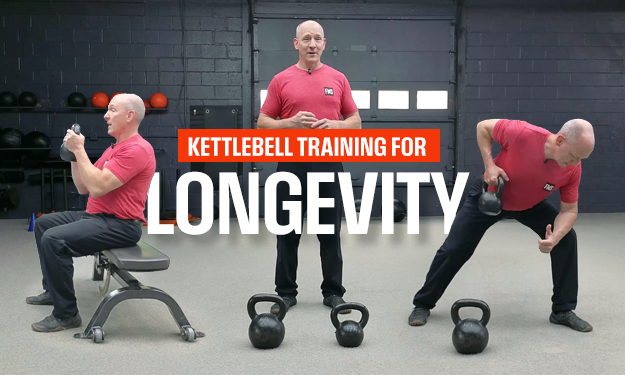
This course will teach how to use kettlebells to safely build strength, improve function, and support independence in aging adults.
 1
hour(s)
1
hour(s)
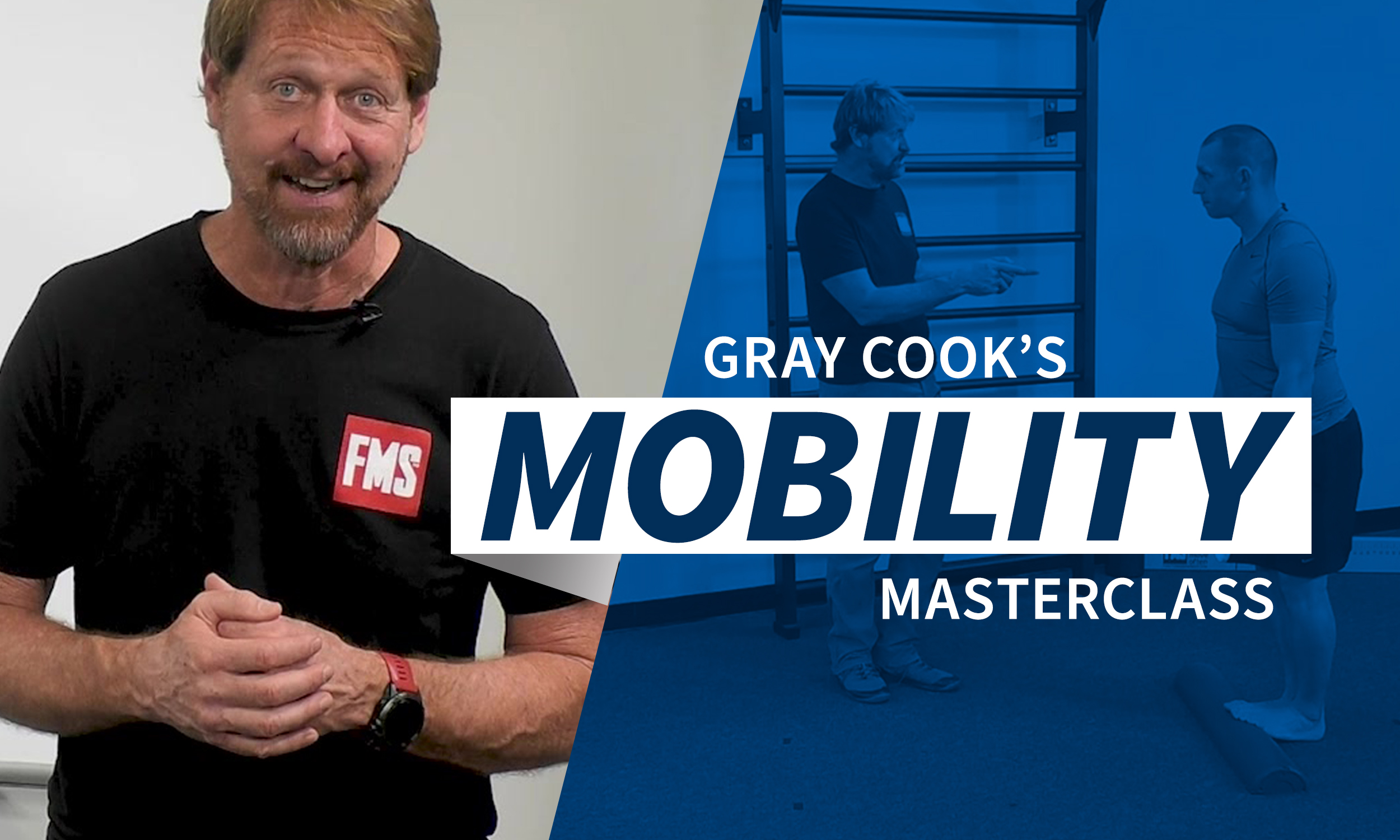
This course spans movement professions and the Functional Movement Systems (SFMA, FMS, MCS) to focus on functional mobility and why its consideration is important early in the process of movement correction.
 1
hour(s)
1
hour(s)
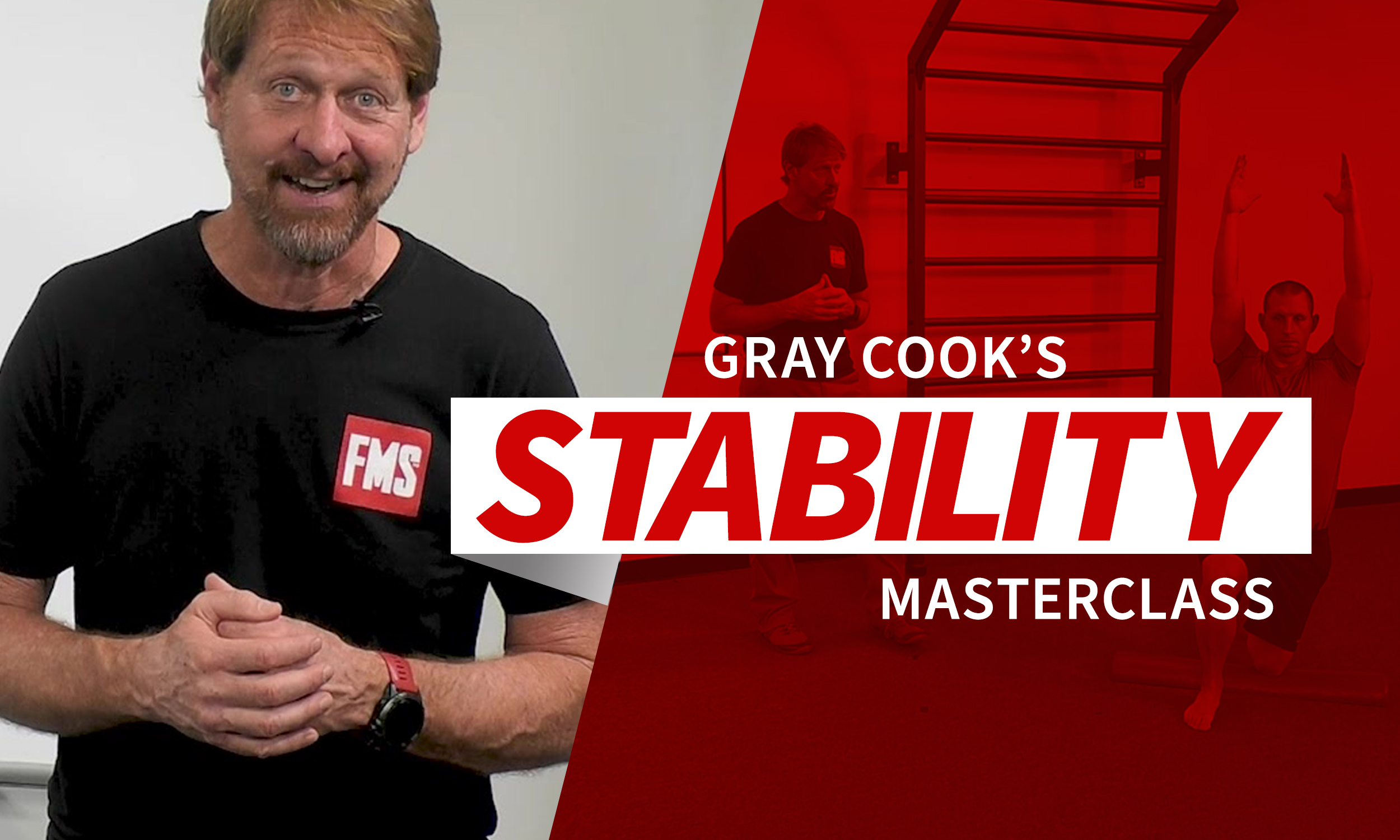
This course explores stability problems and their solutions by detailing the vital interplay between local tissue quality, muscle performance, and global movement patterns.
 1
hour(s)
1
hour(s)

This lecture emphasizes the appropriate recognition and treatment principles for athletes with extension-oriented low back pain (LBP), aiming for targeted interventions that lead to positive outcomes.
 1
hour(s)
1
hour(s)

This lecture discusses the plasticity of the neurological system, its feedback and how we can use its desired sequence of actions to quickly change movement, focusing on awareness, breathing and control.
 1
hour(s)
1
hour(s)

This lecture discusses the rationale and methods for adopting a functional approach to treating global movement dysfunction, utilizing standard operating procedures and evidence-based movement screening and testing, primarily through the Selective Functional Movement Assessment (SFMA) Top Tier.
 1
hour(s)
1
hour(s)

This lecture highlights the significance of movement screening, enabling us to develop more efficient and effective programs tailored to each individual's unique needs and goals.
 2
hour(s)
2
hour(s)

This lecture offers unique ways of testing the fundamentals of power, strength, and speed and discusses how to then determine what is the best course of action to improve them.
 1
hour(s)
1
hour(s)

This lecture examines the role of movement screening in identifying common physical limitations in rotary athletes and discusses how these limitations can impact sport mechanics.
 1
hour(s)
1
hour(s)

This lecture discusses using movement to identify appropriate decisions to help your clients be prepared and be proactive towards musculoskeletal health, to culture readiness and minimize risk.
 1
hour(s)
1
hour(s)

This lecture explores essential considerations for training youth athletes, emphasizing a global approach to developing athleticism through fundamental movement skills and honoring the developmental process.
 1
hour(s)
1
hour(s)

This course explores the developmental sequence and its application in exercise prescription for diverse populations, highlighting a simple screening process to identify core stability and motor control dysfunctions, along with corrective strategies for professionals to effectively address these issues.
 1
hour(s)
1
hour(s)

This course covers screening and assessment techniques for the core, exploring how dysfunctions can impact the entire body, while also teaching effective deadlifting integration into fitness training and movement prep techniques to prepare individuals for the lift.
 1
hour(s)
1
hour(s)
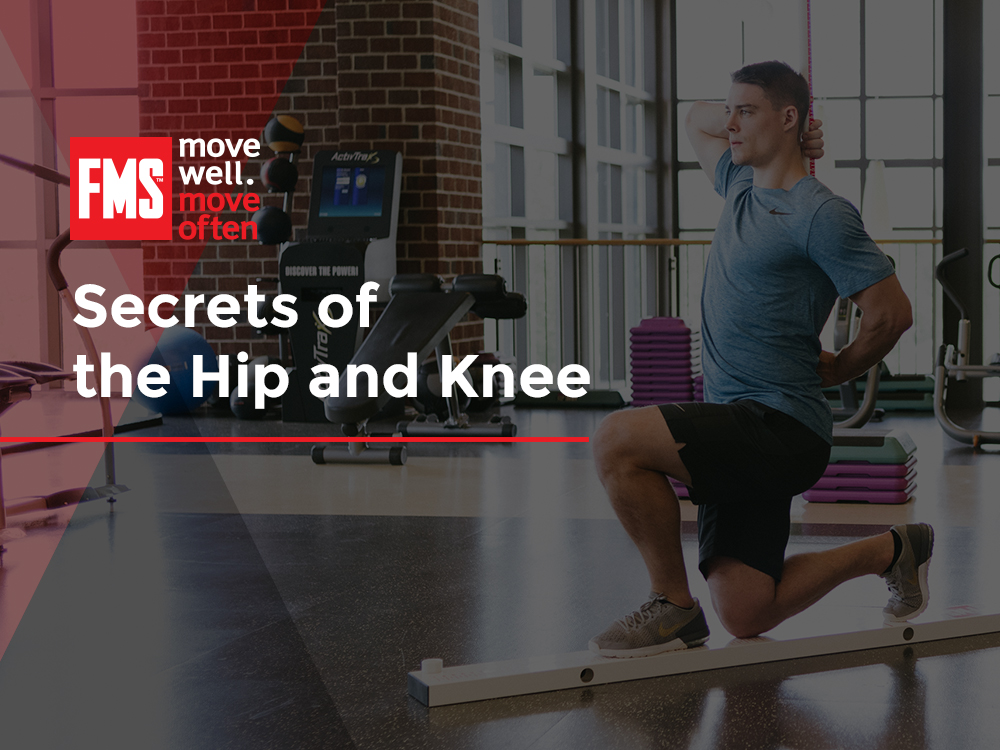
This course reviews the key issues causing hip and knee dysfunctions and presents a systematic approach to screen for mobility and stability, applying corrective strategies to facilitate a return to effective exercise progressions.
 1
hour(s)
1
hour(s)

This course focuses on the often-overlooked components of breath, posture, grip, and joint position to enhance shoulder function, screen for issues, and progress from correcting dysfunctions to strengthening the shoulder.
 1
hour(s)
1
hour(s)

This instructional DVD provides detailed step-by-step breakdowns of the Kettlebell Get Up, guiding viewers through the essential movements and techniques for mastering this fundamental exercise.
 1
hour(s)
1
hour(s)

This instructional DVD covers essential exercise techniques using kettlebells, providing clear guidance to help viewers master key movements for effective training.
 1
hour(s)
1
hour(s)

This instructional DVD dives into the Get-Up to tackle movement restrictions and enhance strength, featuring unique techniques for improving hip, shoulder, and thoracic spine mobility while refining stability like never before.
 1
hour(s)
1
hour(s)
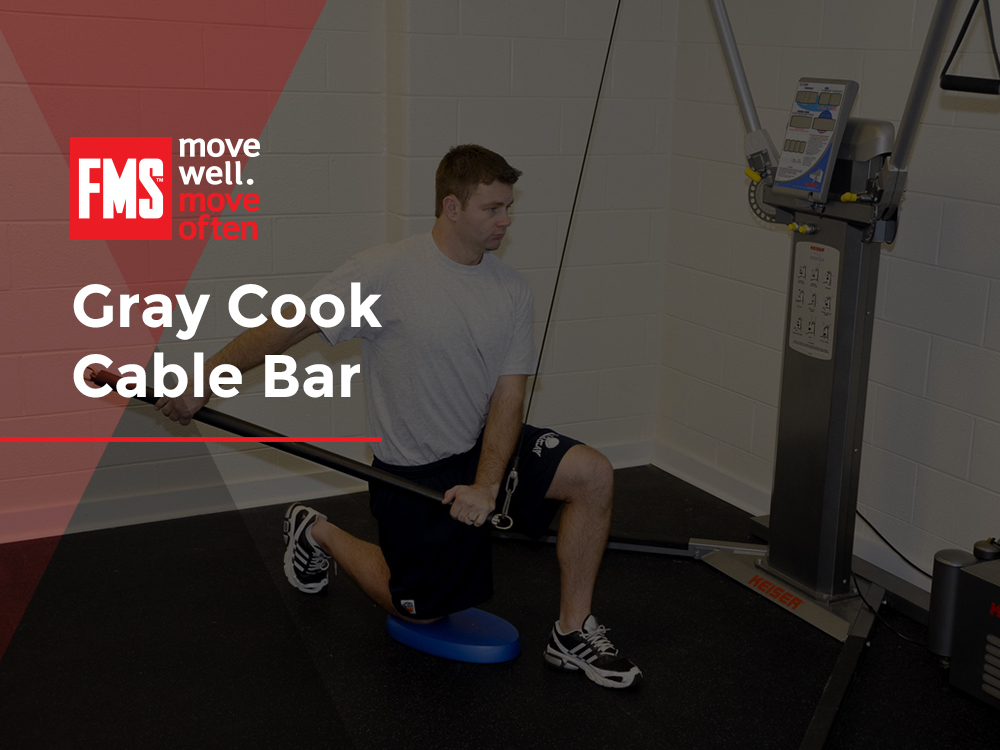
This course explores basic strategies for incorporating the Cable Bar into training programs, guiding you through simple progressions to enhance efficiency and core performance using a cable exercise system.
 1
hour(s)
1
hour(s)
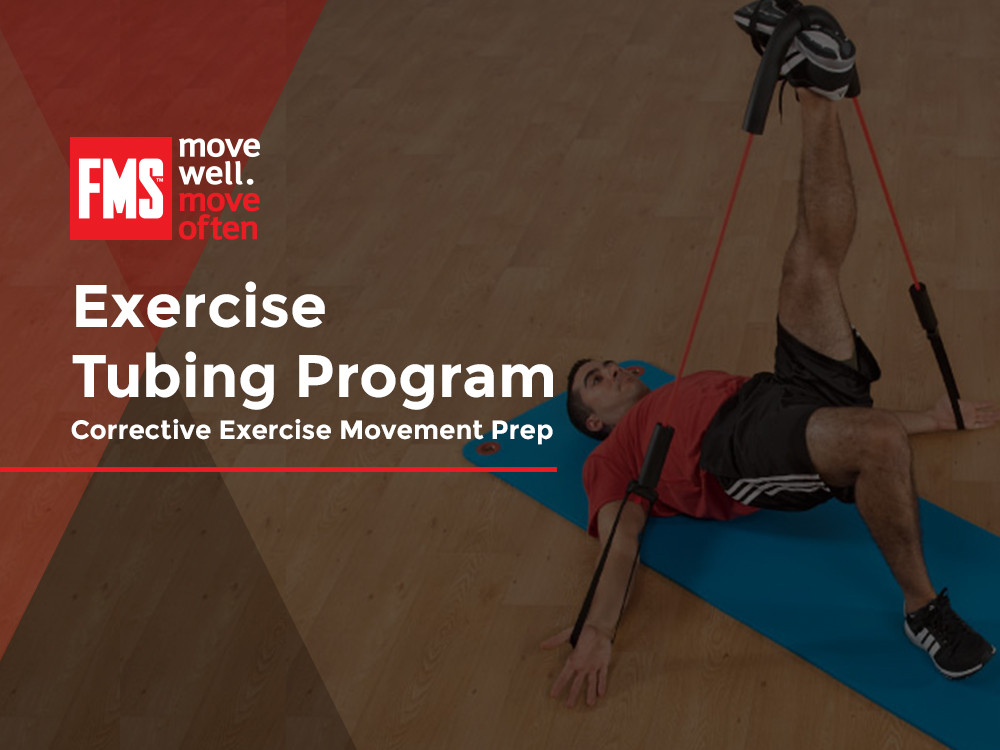
This course covers both basic and advanced functional strategies for correcting dysfunctional movement patterns with the Gray Cook band, teaching how to enhance movement through mobility and static and dynamic motor control techniques.
 1
hour(s)
1
hour(s)
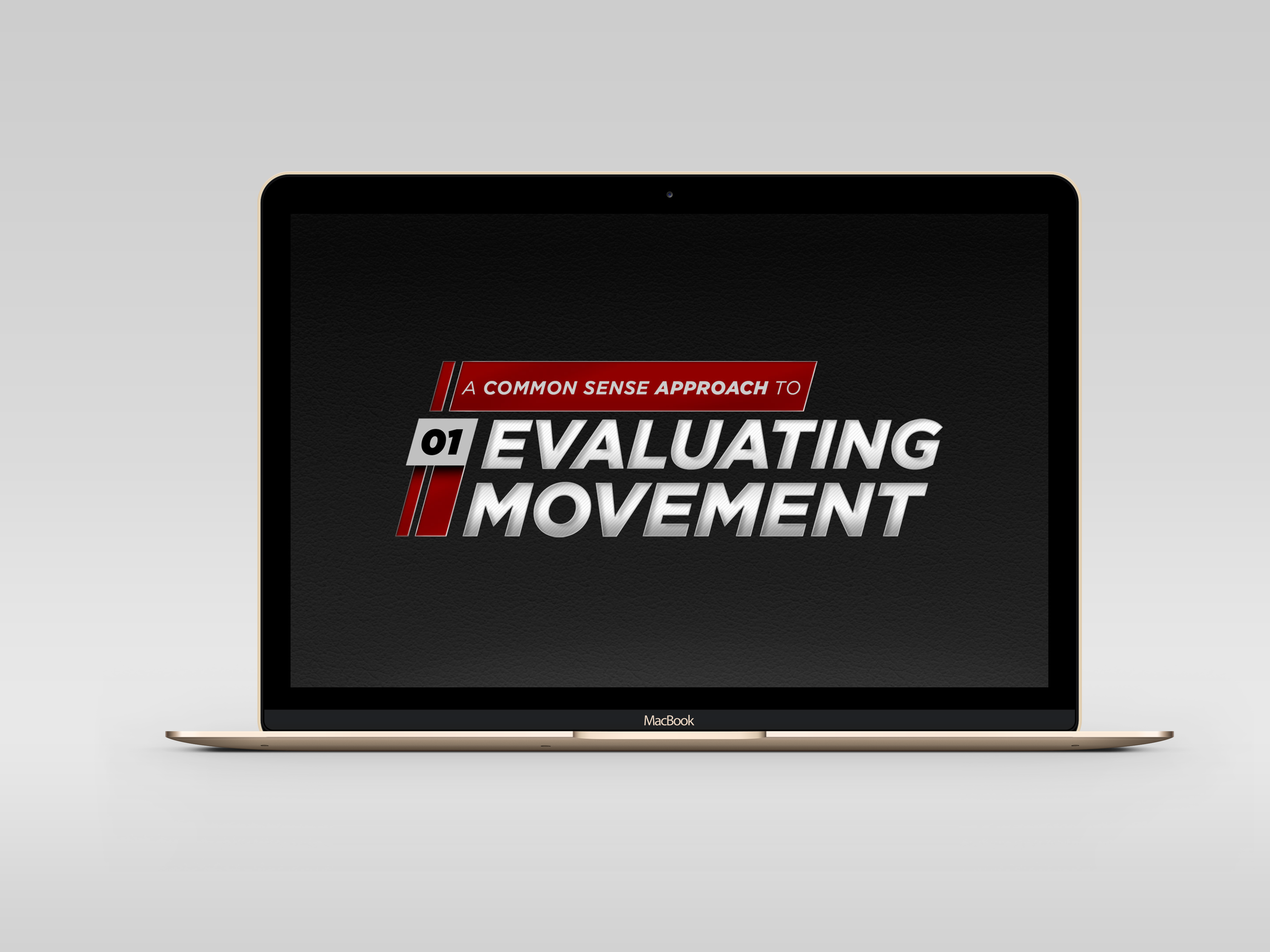
This course is an overview of the movement philosophy and principles that drive Functional Movement Systems by introducing a new way of looking at movement through the lens of function.
 1
hour(s)
1
hour(s)
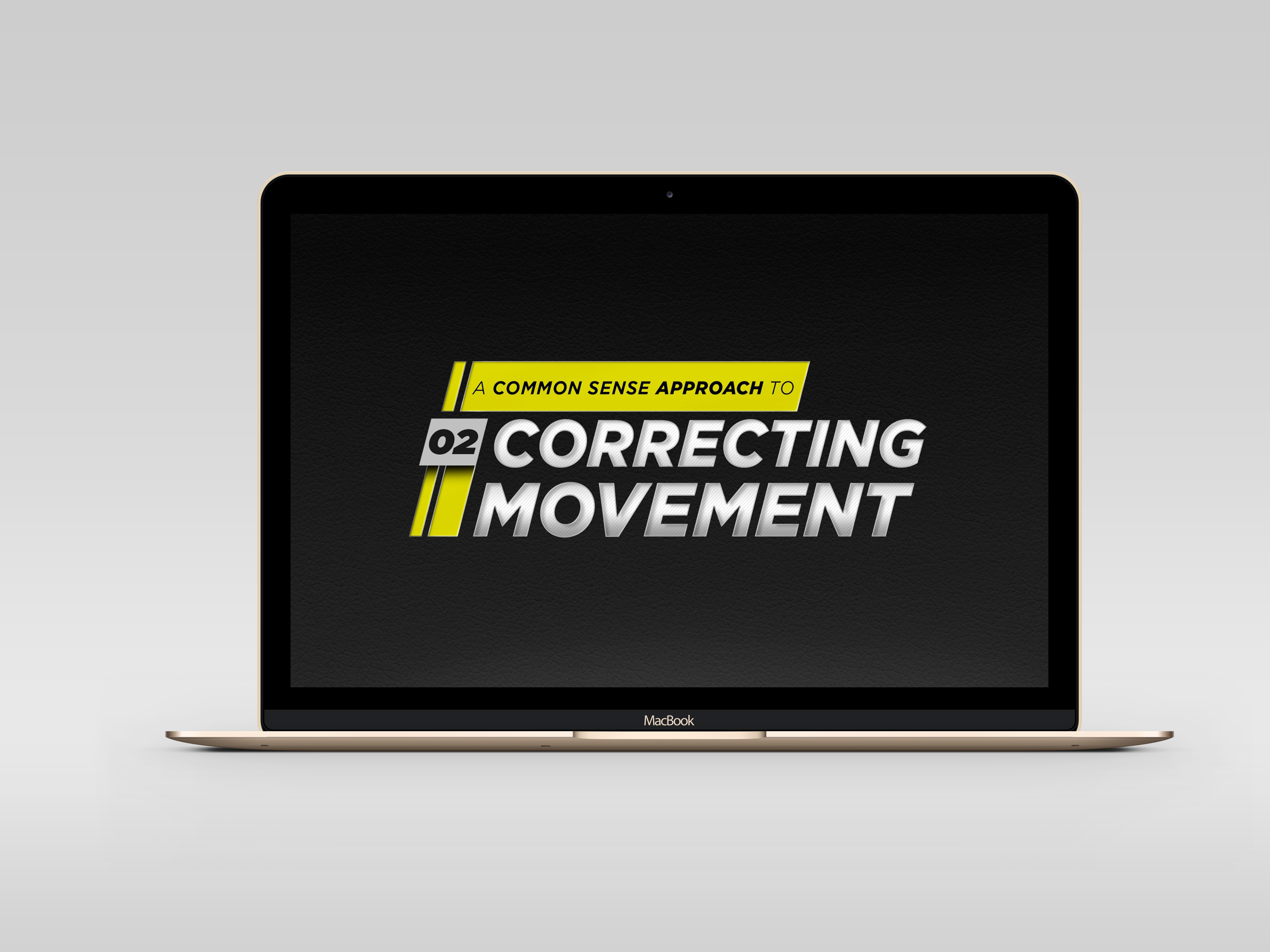
This course explores new paths to corrective exercises to create positive changes that are focused on maintaining functional movement patterns.
 3
hour(s)
3
hour(s)
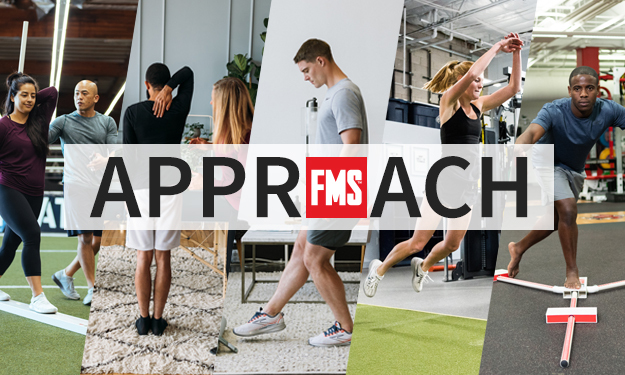
Gain insight into the core philosophies and foundational principles of Functional Movement Systems, while exploring our approach to screening, testing, and assessment.
ARE YOU READY?
GET STARTED
Begin your movement journey today by joining our global family of fitness and rehabilitation professionals helping people move well, so they can move often.
